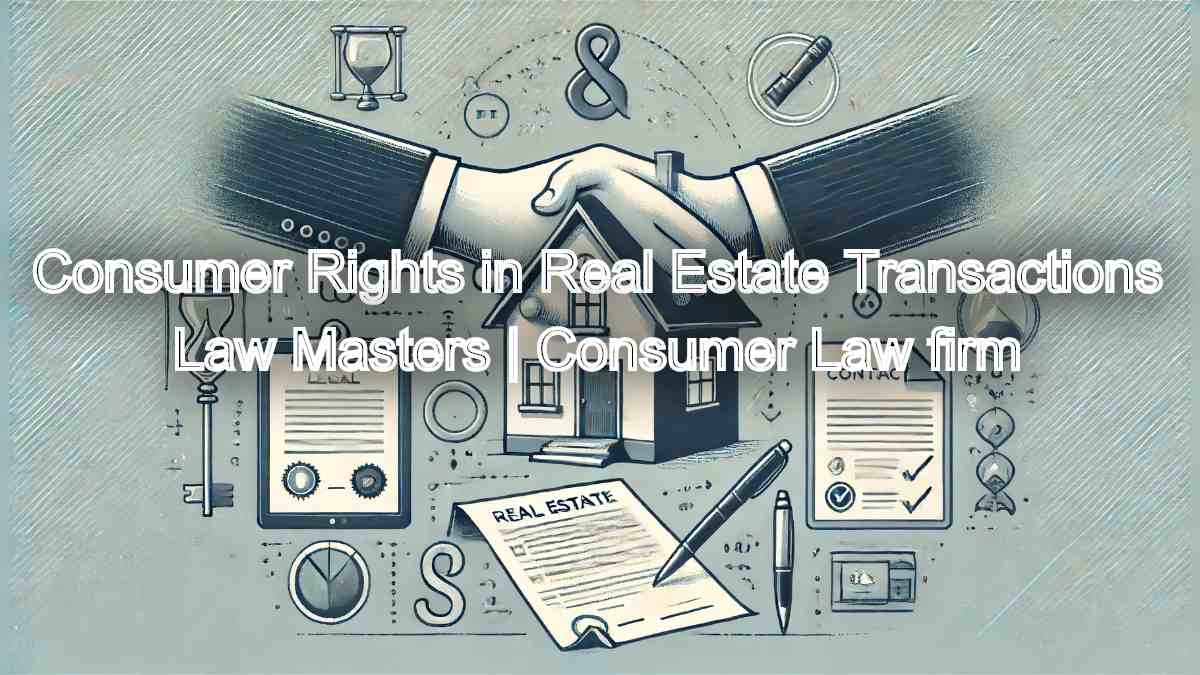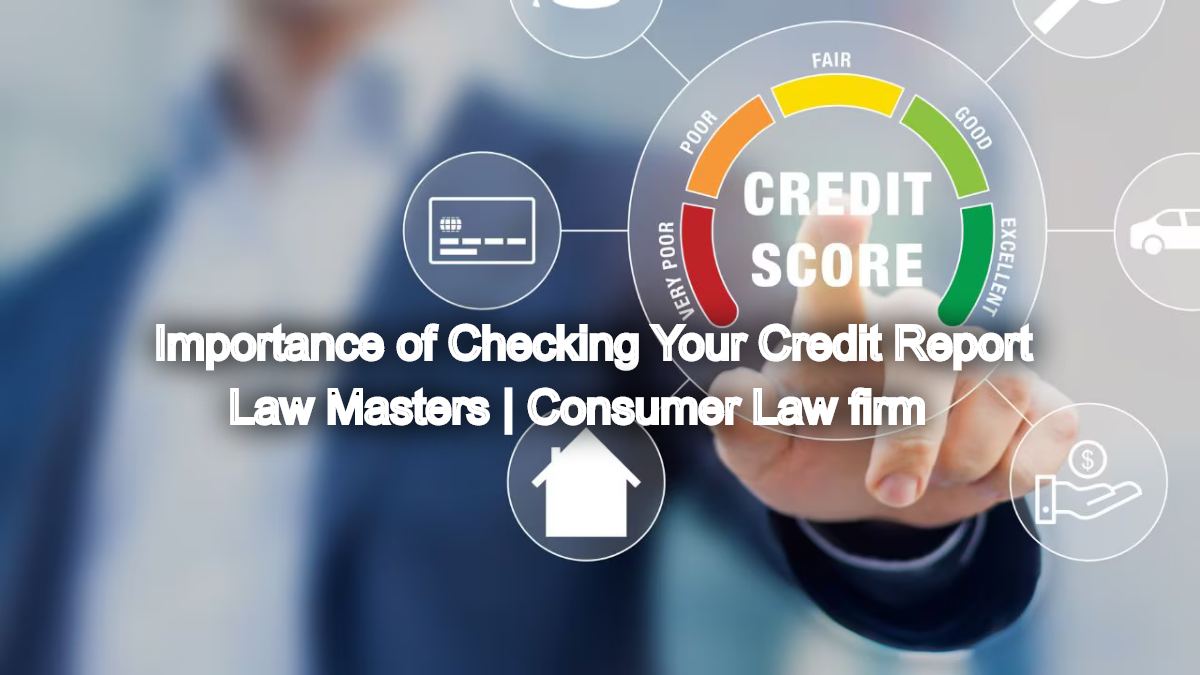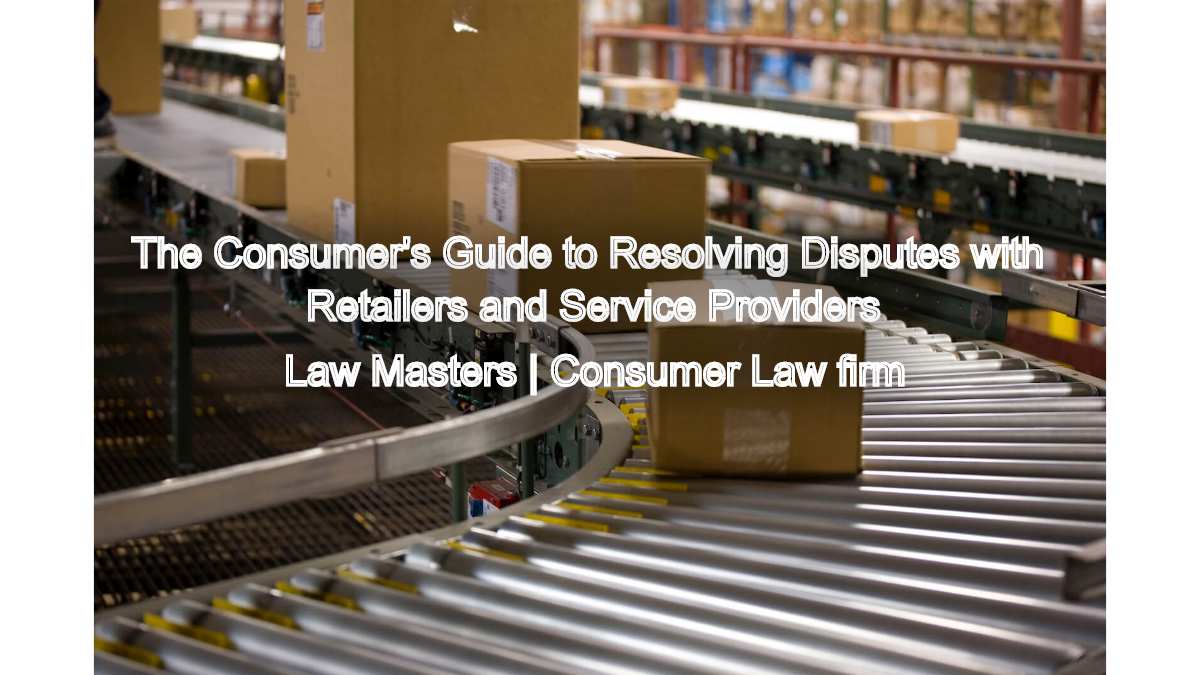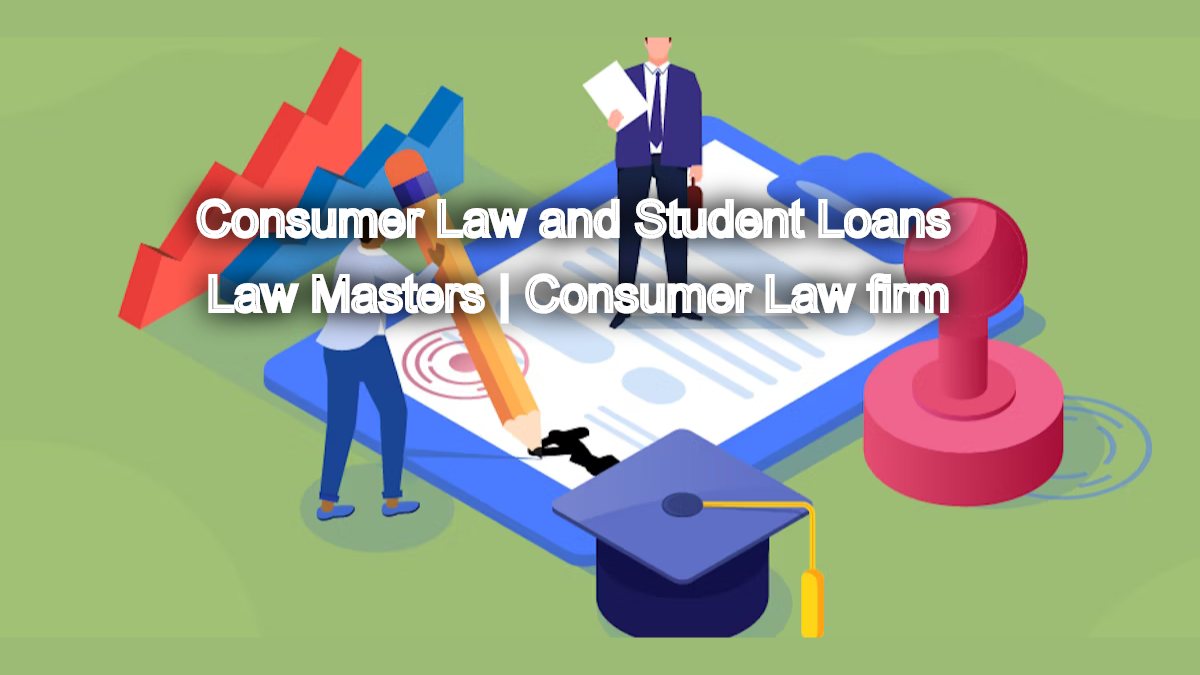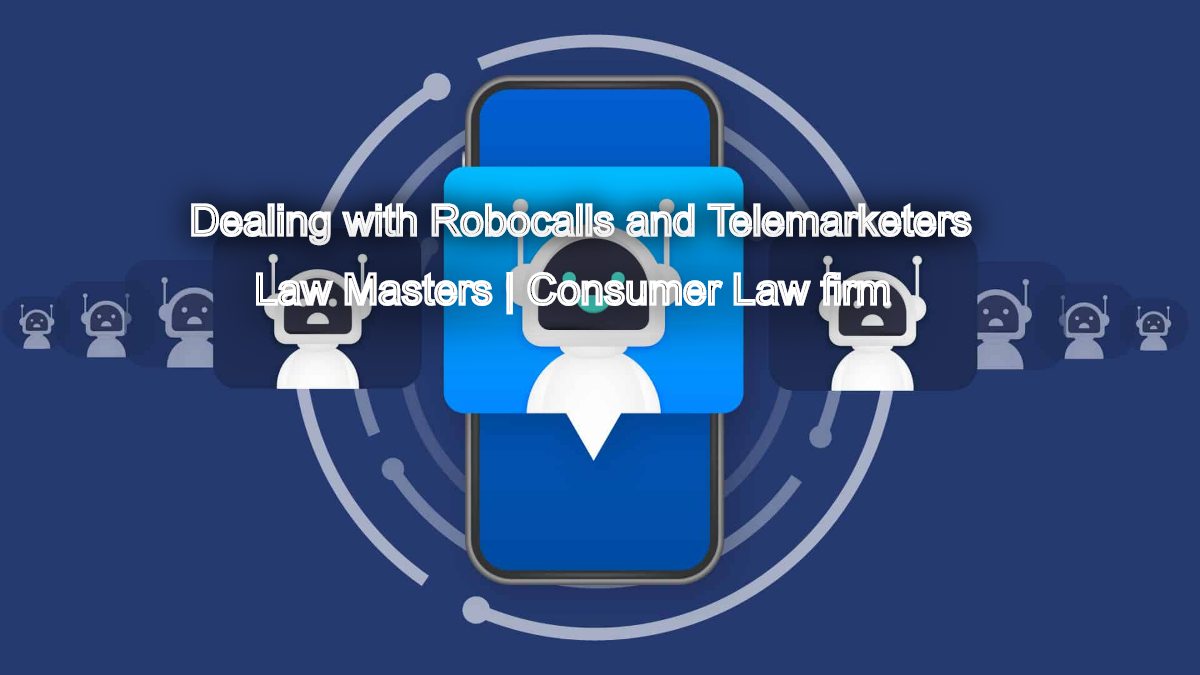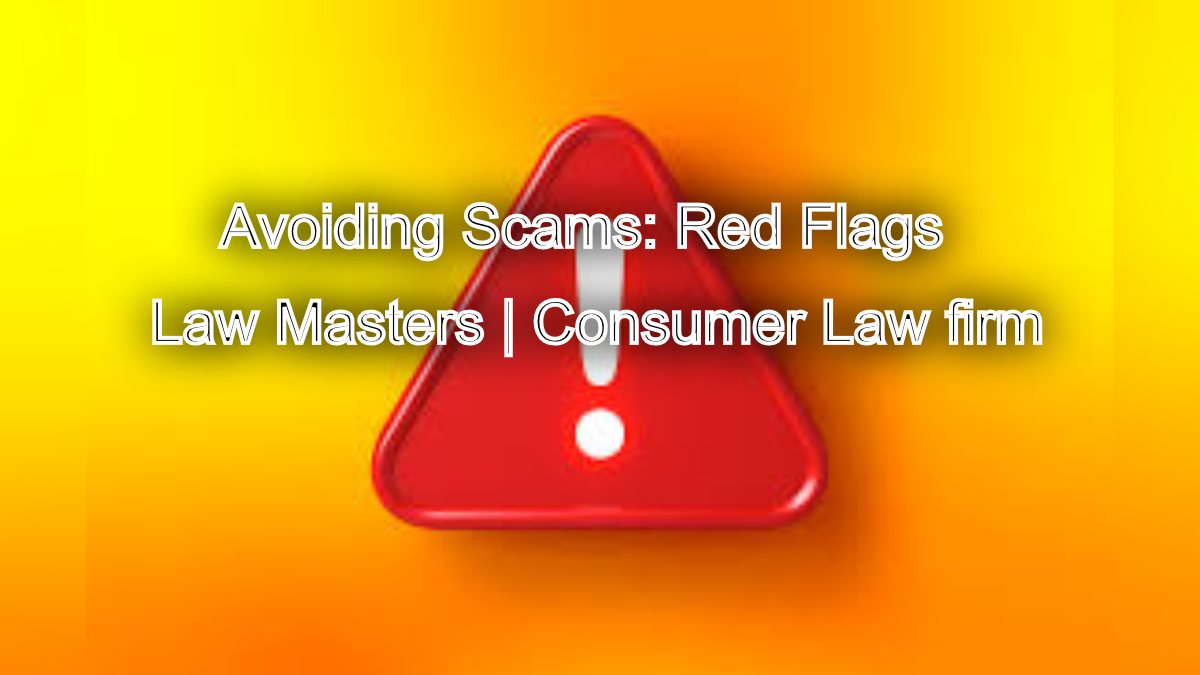Understanding the Rights of Military Service Members: Military service members make significant sacrifices for their country, and it is crucial that they are protected from unfair or deceptive business practices. The Servicemembers Civil Relief Act (SCRA) provides a vital framework for safeguarding the rights of these individuals as consumers.
Understanding the Rights of Military Service Members as Consumers: Law Masters | Consumer Law firm
Key Protections Afforded by the SCRA:
The SCRA offers a wide range of protections to service members, including:
- Lease Termination: Service members may be able to terminate residential leases early without penalty under certain circumstances, such as deployment or permanent change of station orders.
- Loan Interest Rate Caps: The SCRA limits the interest rates that can be charged on certain loans incurred before active duty service.
- Protection from Eviction and Foreclosure: Service members facing financial hardship due to military service may be eligible for protections from eviction and foreclosure.
- Stay on Civil Proceedings: The SCRA allows for the stay of certain civil court proceedings, such as debt collection lawsuits, while a service member is on active duty.
- Protection from Credit Discrimination: The SCRA prohibits creditors from taking adverse credit actions against service members solely due to their military service.
Understanding Your Rights:
Navigating the complexities of consumer law can be challenging, especially for service members who may be deployed or facing other military-related demands. It is essential to understand your rights and know how to assert them effectively.
- Educate Yourself: Familiarize yourself with the key provisions of the SCRA and other relevant consumer protection laws.
- Document Everything: Maintain thorough records of all your interactions with creditors, landlords, and other businesses.
- Seek Legal Assistance: If you believe your rights have been violated, consult with an experienced consumer protection attorney.
Law Masters: Your Trusted Legal Partner
At Law Masters, we understand the unique challenges faced by military service members and their families. Our team of dedicated consumer protection attorneys possesses in-depth knowledge of the SCRA and other relevant laws, and we are committed to advocating for the rights of our clients.
Our Services Include:
- SCRA Consultation: We provide comprehensive consultations to help you understand your rights and options under the SCRA.
- Legal Representation: We represent service members in a wide range of consumer protection matters, including lease disputes, debt collection lawsuits, and challenges to unfair or deceptive business practices.
- Negotiation and Settlement: We skillfully negotiate with creditors and other parties to achieve favorable outcomes for our clients.
- Litigation: If necessary, we will aggressively litigate your case in court to protect your rights and interests.
Why Choose Law Masters?
- Experienced Attorneys: Our team comprises highly experienced and qualified attorneys with a proven track record of success in consumer protection law.
- Military-Friendly Approach: We understand the unique challenges faced by military service members and tailor our services to meet their specific needs.
- Compassionate and Dedicated: We provide compassionate and dedicated legal representation, ensuring that our clients’ rights and interests are always our top priority.
- Affordable and Transparent: We offer competitive pricing and transparent fee structures, ensuring that our clients understand the costs associated with our services.
Contact Us Today
If you are a service member facing a consumer protection issue, do not hesitate to contact Law Masters. We are here to help you understand your rights, protect your interests, and fight for the justice you deserve.
Frequently Asked Questions
The SCRA is a federal law that provides significant legal protections to military service members during their period of service. These protections cover various areas, including lease termination, loan interest rates, eviction and foreclosure, and stays on civil proceedings.
Lease Termination:
Loan Interest Rate Caps:
Protection from Eviction and Foreclosure: Provides protections from eviction and foreclosure for service members facing financial hardship due to military service.
Stay on Civil Proceedings: Allows for the stay of certain civil court proceedings, such as debt collection lawsuits, while a service member is on active duty.
Educate themselves: Familiarize themselves with the provisions of the SCRA and other relevant consumer protection laws.
Document everything: Maintain thorough records of all interactions with creditors, landlords, and other businesses.
Seek legal assistance: Consult with an experienced consumer protection attorney if they believe their rights have been violated.
Law Masters provides comprehensive legal services to service members, including:
SCRA consultations: To help understand their rights and options under the SCRA.
Legal representation: In a wide range of consumer protection matters, such as lease disputes and debt collection lawsuits.
Negotiation and settlement: To achieve favorable outcomes for clients.
Litigation: If necessary, to litigate cases in court to protect their rights.
No, this article is for informational purposes only and does not constitute legal advice. The information provided herein should not be relied upon as such and does not create an attorney-client relationship.
Conclusion
Military service members deserve the highest level of respect and protection. The SCRA provides a crucial framework for safeguarding their consumer rights, and it is essential that service members are aware of these protections and know how to assert them effectively. At Law Masters, we are proud to serve those who serve our country by providing expert legal counsel and unwavering support in all matters related to consumer protection.
Read More
- The Consumer’s Guide to Resolving Disputes with Retailers and Service Providers
- The Importance of Reading and Understanding Terms of Service and Privacy Policies
- Understanding Your Consumer Rights: A Comprehensive Guide
- Defective Products and Product Liability: Holding Manufacturers Accountable
- The Pros and Cons of Class Action Lawsuits for Consumers
- Ministry of Defence, Government of India:



